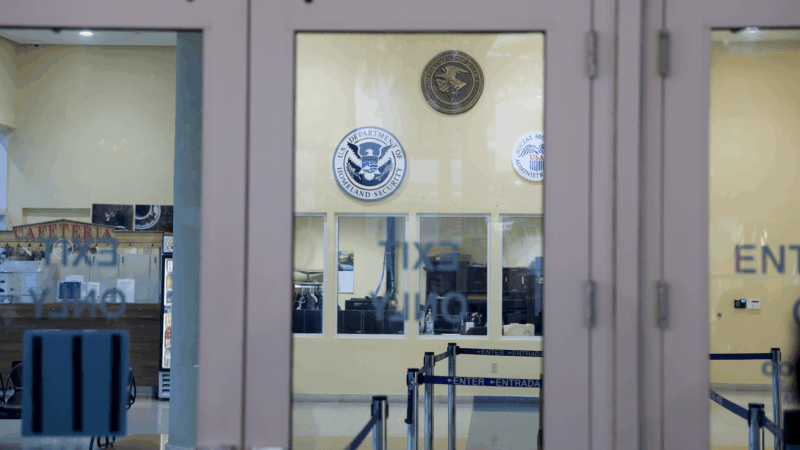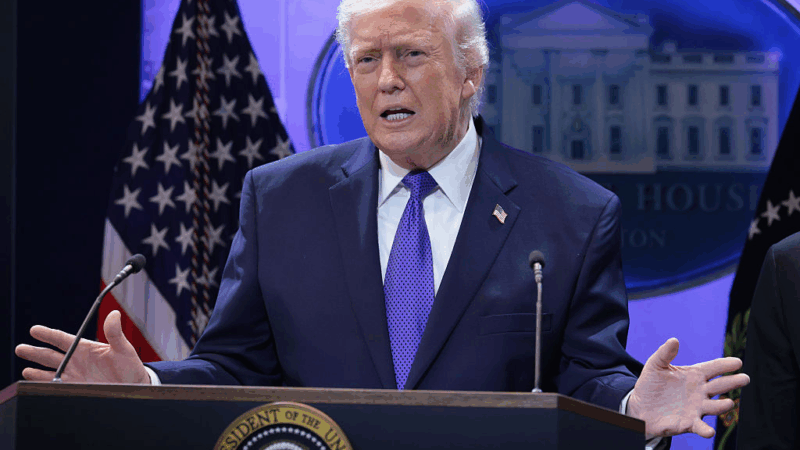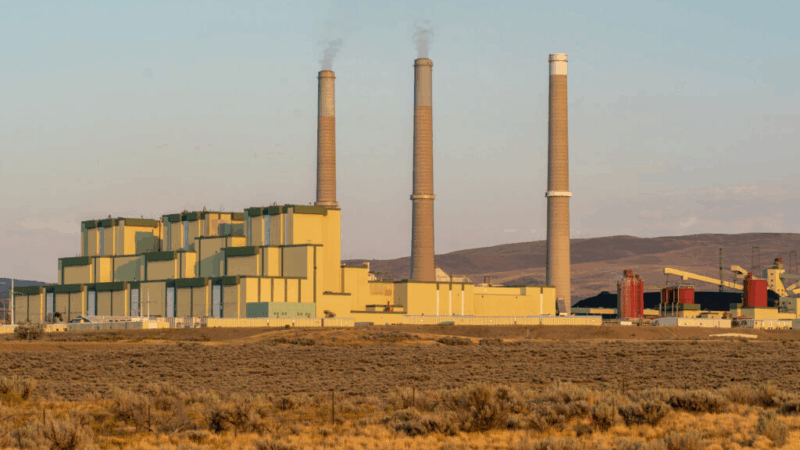Canada votes for Mark Carney as prime minister
Mark Carney has been elected as prime minister of Canada, according to the projections of the national broadcaster CBC/Radio Canada, in one of the country’s most consequential elections in decades. But it’s still not clear if his Liberal party will win the 172 seats needed for an outright majority in parliament. The full results will not be available until late Monday evening, or early Tuesday morning.
The vote was widely seen as a decision about which candidate could best handle President Trump, who helped spark a wave of nationalism across Canada by threatening to annex Canada and placing stiff tariffs on the country.
The 60-year-old Carney had a career in investment banking before becoming the governor of the Bank of England during the Brexit turmoil, and as the head of the Bank of Canada during the 2008 economic downturn. Carney had never held political office before being named leader of the Liberal Party in March. His background in finance and his seeming unflappable demeanor helped convince voters he was the candidate that could best tackle Trump and his sometimes erratic policies.
Carney beat out Pierre Poilievre, a 45-year-old career politician and head of the Conservative Party. It was a stunning reversal of fortunes for Poilievre, who for more than a year rode high in the polls, at one point with his Conservatives up 27 points over the Liberals.

Poilievre’s momentum began to slip in January when former Prime Minister Justin Trudeau resigned. The Liberal Party’s Trudeau was widely disliked in Canada by the end of his decade-long tenure and his resignation gave the Liberals a lift. Carney became Trudeau’s successor.
But the real boost came when President Trump began targeting Canada’s economy and its sovereignty. Many Canadians were outraged by Trump’s threat to make Canada the 51st state – a threat he repeated in a post on social media on election day.
Many of Poilievre’s positions and much of his rhetoric mirror Trump — albeit on a more moderate level. The Conservative leader has a “Canada First” slogan, he wants tighter borders, smaller government and to end what right-wing politicians consider “wokeness.” While his proposals resonated with some voters early on, Poilievre’s association with Trump ultimately ended up hurting him badly.
It is the third consecutive federal election the Conservative Party has lost, leading some analysts to believe the party will now go through a time of reckoning about its message and appeal.
In the shadow of the Olympics, migrants search for a welcome in Milan
As Italy cracks down on migration, Milan takes a different path — offering shelter and integration to asylum seekers even as the central government tightens borders and funds deterrence abroad.
Trump to raise global tariffs. And, most say the state of the union is weak, poll says
President Trump says he is raising global tariffs to 15%. And ahead of the president's address tomorrow, most Americans say the state of the union is not strong, according to an NPR poll.
U.S. has a quarter fewer immigration judges than it did a year ago. Here’s why
The continued drain of personnel from the already strained immigration court system has contributed to depleted staff morale, mounting case backlogs — and floundering due process.
Poll: Most say the state of the union is not strong and the U.S. is worse off
Ahead of the State of the Union address on Tuesday, evidence continues to mount that President Trump is facing political headwinds.
Influencers are promoting peptides for better health. What’s the science say?
The latest wellness craze involves injecting these molecules for athletic performance, longevity and more. Scientists say the research isn't keeping pace with the health claims.
The owners want to close this Colorado coal plant. The Trump administration says no
The Trump administration has ordered several coal plants to keep operating past their planned retirement, part of a larger effort to boost the coal industry. Two Colorado utilities are pushing back.







